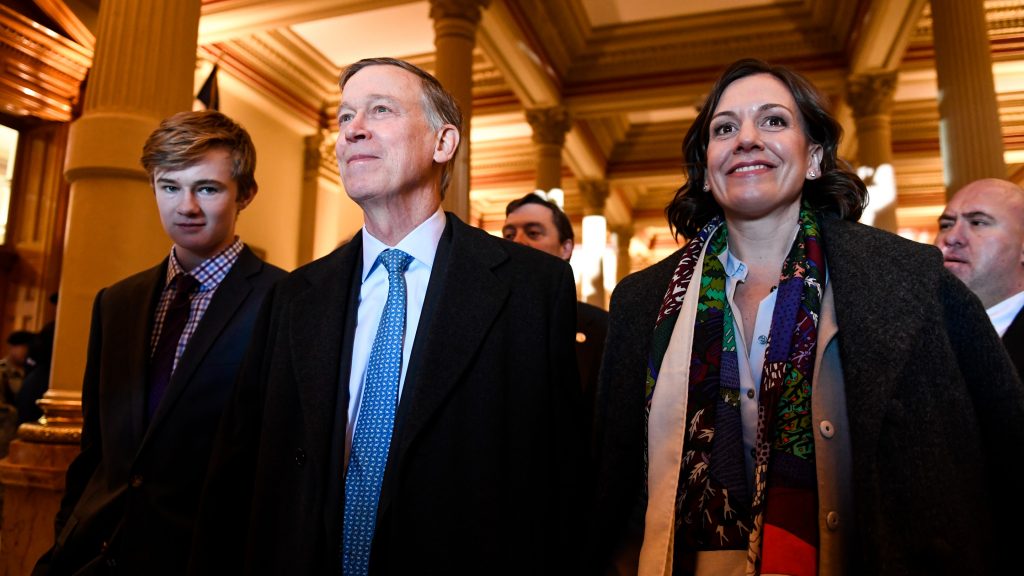Hickenlooper faces renewed pressure and questions about his administration’s spending in final months

A little-noticed government account that is paying ongoing legal bills related to an ethics complaint against U.S. Senate candidate John Hickenlooper is facing renewed scrutiny even as the Democrat’s allies continue to block requests for an audit of the spending. In its final months, the former governor’s administration used federal funds from a 2003 account […]
Editorial: Hickenlooper’s budget trick with federal dollars is disappointing

Colorado state agencies, with a few exceptions, are not allowed to have their own rainy day funds to help them weather financial downturns. It’s the job of state lawmakers to make the tough decisions about where cuts will be made and how state savings funds will be used to spare some departments from those trims. […]
